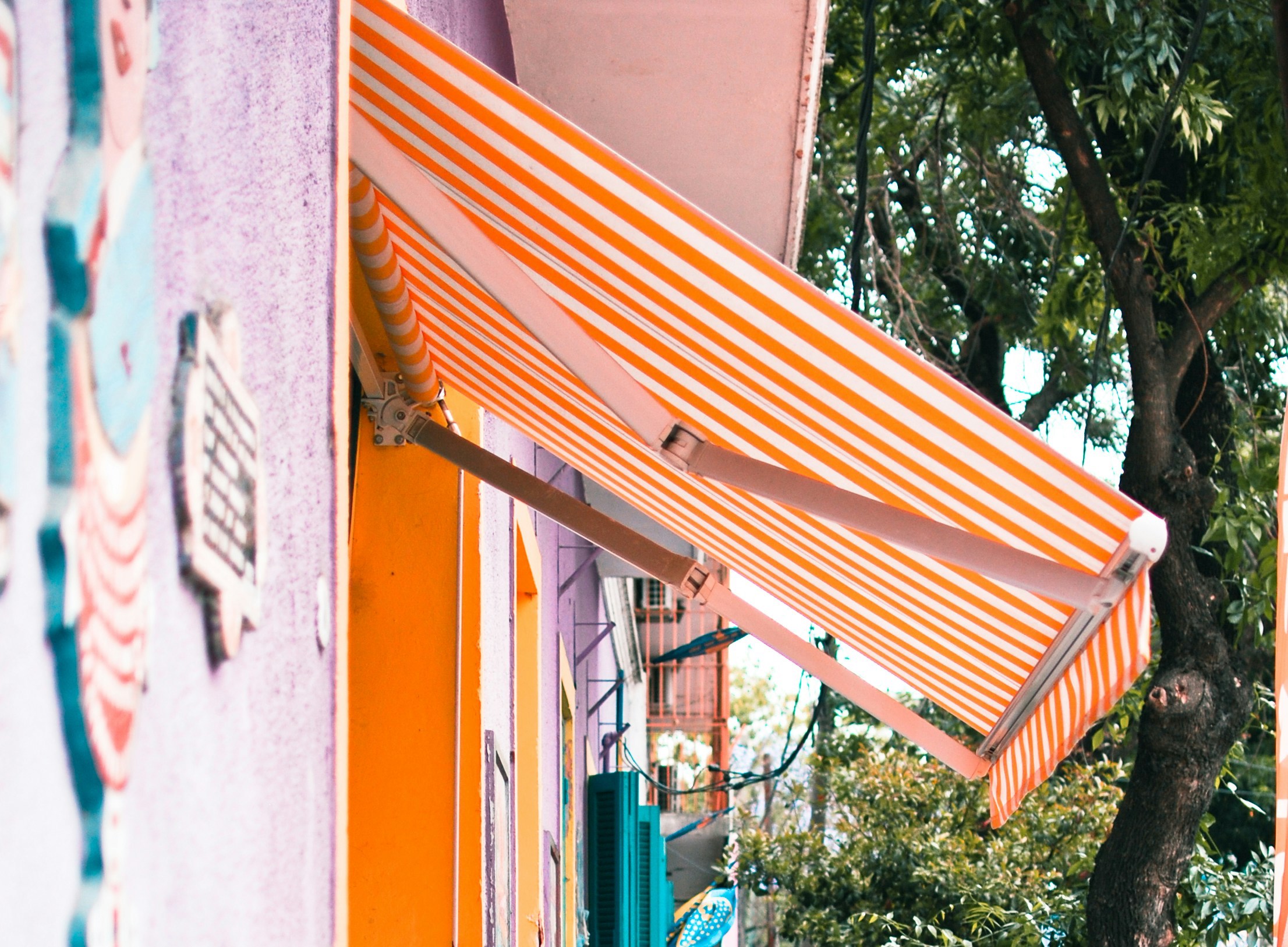Books & Culture
How to Escape in 9 Books
Cara Hoffman explores the many aspects of escape and suggests a few books to help you start over somewhere far away

Many of my friends are talking about escape these past few months, about what country would be the best to run away to: Spain or New Zealand or Sweden, Canada, or India or close your eyes and spin the globe. Warming our feet after standing in the cold at rallies, conversations turn to visas and citizenship, and not just because we’ve been protesting the travel ban. Even as they fight for the rights of others to come here, to be safe here, some are planning to leave.
I get it about disappearing. I have disappeared before — packed a backpack and put my things out on the street. I’m a believer in the geographic cure and have lived outside the country for years with no plan to return. My new novel — Running — set in Athens, Greece, is about that expatriation.
I have also stayed, for years, in places I didn’t like, or couldn’t afford to leave. And that requires a different kind of disappearing — headphones on or book open. In the last few months I’ve turned to my library to expatriate. If you’d like to come along here’s a map:

1. Leave the Planet
The Book of Strange New Things by Michael Faber
A love story about a missionary separated from his wife, coping with life on a distant and different world, at a time of upheaval on earth. It is truly one of the strangest and most beautiful books I’ve read in the last five years. In many ways it’s the ultimate expatriate novel, full of hope, longing, curiosity, and good will for all things other. The protagonist makes sacrifices for his faith, then ultimately reverses these decisions for love.

2. Visit A World Without Men
Les Guérillères by Monique Wittig
If you liked the women’s march you will love Les Guérillères. Wittig’s 1969 classic ring cycle about a society of women. It’s violent and sexy and full of drunkenness and adventure; Wittig forms new legends while delivering an amazing parody of traditional heroic literature. A great read if you are tired of the debate about likability and women characters, or if you want to see the patriarchy get what’s coming. Fans of Mad Max Fury Road will want to snap up a copy of this ASAP.

3. Escape to the Parisian Underworld
Our Lady of the Flowers by Jean Genet
A giant of transgressive literature written by Genet in prison (twice! The first draft was destroyed by guards, the second was published anonymously and was originally sold as erotica). The John Waters star Divine gets her name from this semi-autobiographical novel; a shabby, baroque luxurious story of drag queens and criminals in Paris in the 1940s. The language is poetic and fierce, and Genet’s takedown of polite society and the straight world is stunning. This is an essential outsider novel, one that influenced a generation of thinkers, particularly Sartre.

4. Live Alone Beneath the Nigerian Sun
The Bride Price by Buchi Emecheta
A family saga set in Lagos, and an amazing story of the fallout of colonization. With rich, well wrought characters, and a plot framed around a romance, a kidnapping, a rescue and an elopement, this intergenerational novel is vivid. It’s full of love and cruelty, superstition and clear-eyed understanding of hardship. It’s also about the struggle to make choices, and live with integrity on your own terms. Emecheta, who was born in Nigeria and lived in Britain, wrote twenty books and was outspoken on the universal experiences of women in the world.

5. Visit a Timeless Landscape of the Absurd
Endgame by Samuel Beckett
I am partial to this play because I staged it in my garage when I was ten, with my little brother playing the part of Nagg, delivering his lines from inside a cardboard box. This is a quick read, and funny, (as the character Winnie says “Nothing is funnier than unhappiness”). It’s also a great way to dive into Beckett if you’re not familiar with his work, or have only read Waiting for Godot. Having your children perform an absurdist existentialist play by an Irish man writing in French is good escapist fun, especially if they have speech impediments.

6. Slip in and Out of Time in the Bengali Jungle
Humanimal by Bhanu Kapil
Based on the diary of a missionary working to rehabilitate two girls found in the Bengali jungle in the 1920s, known as the “Bengali wolf girls,” this poetic, hybrid text is also the story of Kapil following a film crew into the jungle to revisit the tale, and a remembrance of Kapil’s father. Themes of colonialism, domestication, and questions about what constitutes love and violence, and of and what life will be like for future children make Kapil’s gleaming spare prose profoundly moving. The book is an escape not from meaning or reality, but directly into it.

7. A World Without People
The Book of Imaginary Beings by Jorge Luis Borges
Put it next to your bed and read it every night. This is the stuff survival and escape are made of. The rain bird? Swedenborg’s Angels? Trolls? Thermal Beings? Banshees and Antelopes with six legs? We need them now more than ever. This catalog of beautiful folkloric strangeness helps put things in mythic and historical perspective. You will be smarter and better and happier for reading it.

8. Explore the Afterlife
My Life in the Bush of Ghosts by Amos Tutuola
A hilariously funny, meticulously detailed, episodic, slapstick adventure story. A young boy is abandoned in the African forest and encounters what seems like every type of ghost imaginable (nameless ghost, hopeless ghost, spider-eating ghost, reverend ghost, television-handed ghostess, etc). It takes him more than twenty years to find his way home. This novel is an odyssey of strangeness; mythic, cartoonish, surreal and reminiscent of Dante. The book is largely about caring for people, and learning from the dead so you can return to the world. It’s also a fun book to read out loud.

9. Believe in Salvation
The Lives of the Saints by Alban Butler
This list of Catholic Saints to go with every day of the year is a catalog of magic and torture and resilience. A few years ago I had a residency in the South of France in a sprawling 14th century building in a village that had been devastated by the black plague and was close to the ruins of other villages that had not been rebuilt after. If you know history, you know the plague was largely blamed on Jews, and marked the beginning of the first attempted genocides against them throughout Europe. Part way through the residency the people who ran it told me my room had also been used to hide Jews fleeing the Holocaust in the 1930s and ‘40s. When I was not writing at this residency, I was sitting by the gardens in the courtyard reading The Lives of the Saints, and thinking about how every torture endured by these religious icons was something put into actual practice by mobs and governments and faiths and ideologues throughout history; and that each saint represented tens of thousands, maybe hundreds of thousands who suffered a similar fate and whose names we will never know.
About the Author
Cara Hoffman is the author of the critically acclaimed novels So Much Pretty, Be Safe I Love You, and now, Running. She lives in New York City.








